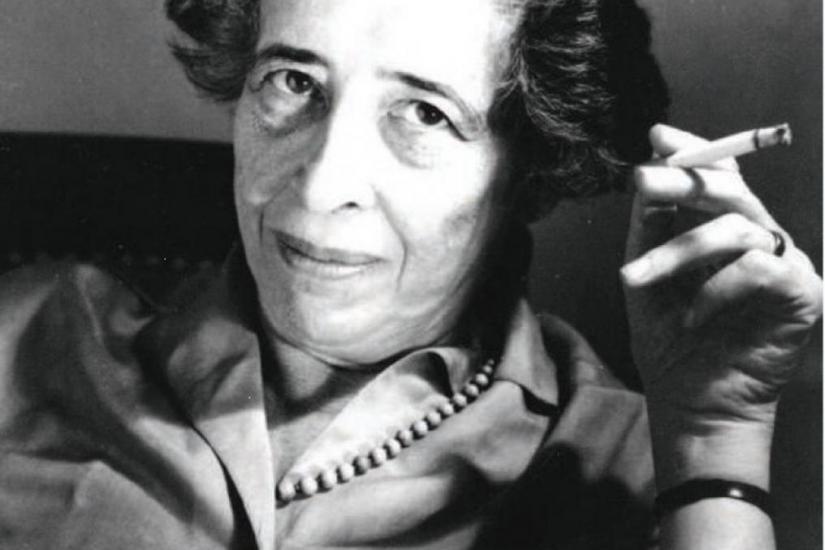
In her theory of totalitarianism, Hannah Arendt applies an interpretive method of political theorizing which is both “rather unusual” (as she herself conceded) and highly original and innovative. Her characterological method systematically connects structural analysis with ideographic historical investigations, biographical case studies and a theory of political agency. On this basis she renders an analysis of anti-Semitism, imperialism, and totalitarianism not merely in terms of abstract structural concepts, but in terms of dynamic character-context constellations. Arendt’s account not only shows interesting parallels to a number of similar conceptual reflections in 19th and 20th century social and political theory; it can also serve to inspire the current debate on interpretive methods of theorizing.
Hans-Jörg Sigwart is Senior Lecturer for Political Theory at the University of Erlangen-Nuremberg, Germany, and currently Thyssen Fellow at IAS. He held guest professorships and fellowships and spent research visits at Louisiana State University, Duke University, and Stanford University, the University of Darmstadt and the University of Damascus. His publications include journal articles in the American Political Science Review, The Review of Politics, and Polity, and books on the political thought of Hannah Arendt, John Dewey, and Eric Voegelin.